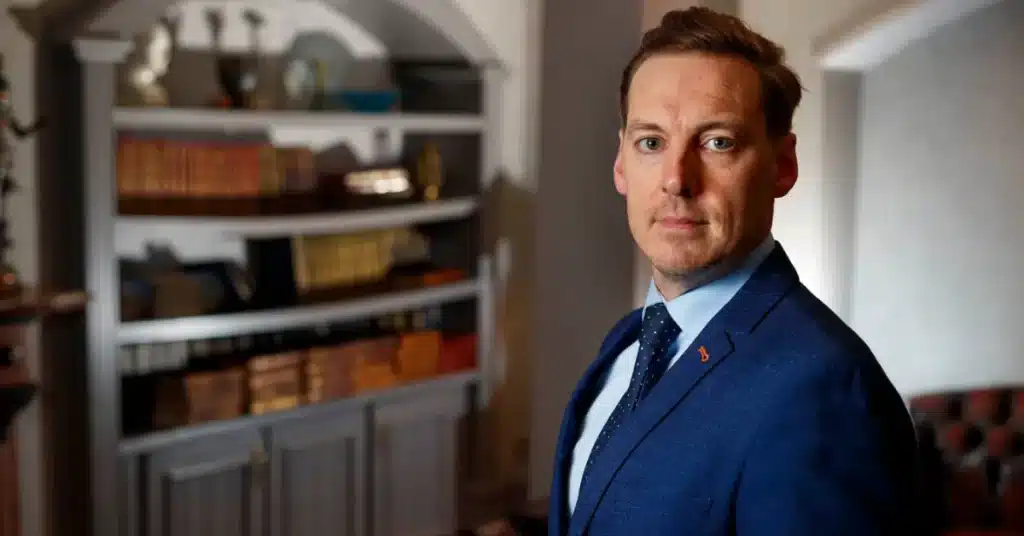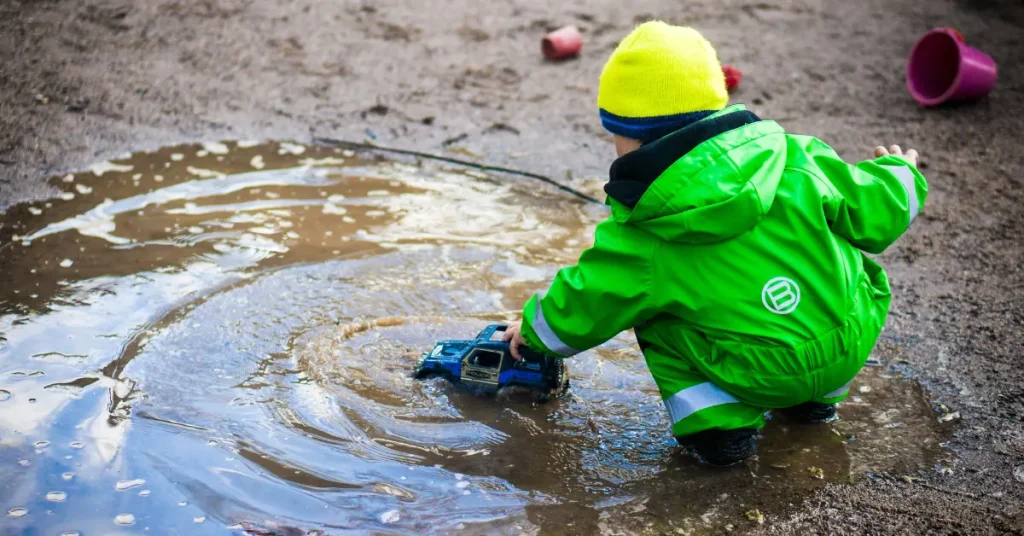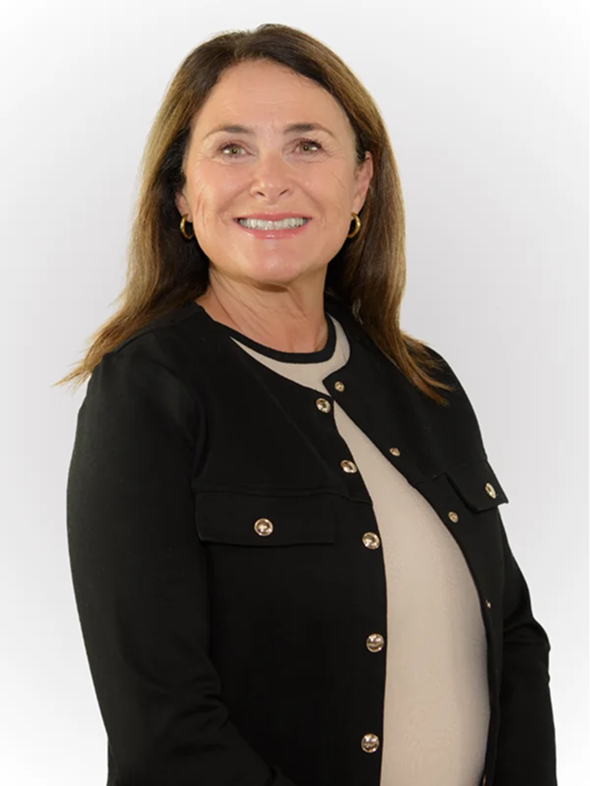Coleman Legal Partners has launched the first of many cases at the High Court in Belfast in relation to illegal adoptions in the Republic of Ireland.
This first case see the firm representing Belfast native Patrick FitzSymons, a well-known actor. In the 1960s his parents, who were not married and living in Co Clare, allowed the Catholic church agency St Patrick’s Guild to arrange for his adoption to a couple in Co Antrim. This is just one of over 25 similar legal actions being handled by the firm.
Mr Fitzsymons biological parents were an accountant from Ennis, who asked not to be identified, and Eileen O’Connor, a teacher who lives in Co Kerry. He was adopted to John FitzSymons, a pharmaceutical chemist from Warrenpoint in Co Down and Patricia Bradley, a qualified social worker from Co Tyrone. Speaking to the Irish Times in an earlier interview Mr FitzSymons said his adoptive parents, both now deceased, “had loved me and provided for me as best they could.”
He added that his “natural parents, my birth mother in particular, had endured the institutional shaming and disapproval of Ireland at that time to do what she thought to be the right thingâ€.
Overall, 148 people are now involved in the adoptions which included faking birth certificates and other baptismal records. This is more than the 126 announced by Taoiseach Leo Varadkar 20 months ago. Coleman Legal Partners predicts the numbers will continue to increase.
The Irish Times reported that Mr FitzSymons is also pursuing exemplary damages for what was referred to in his statement of claim as “actionable conspiracy, deceit, malicious falsehood and infringement of constitutional rights†with regard to the claimed forgery of official birth documents – and a declaration of incompatibility with the European Convention of Human Rights.
Speaking to the Irish Times, Norman Spicer of Coleman Legal Partners said that the firm is not current planning on applying for a “class action†order because of the complexity of the individual cases.
He said: “There is no provision for the North American-style of ‘class action’ under Irish law. However, a court has discretion to grant an order which may mirror to some extent the other system for a specific case or set of cases.
“We do not envisage making such an application. These are complex cases involving many different defendants, as a result it is difficult to say how long these cases will take as it depends on all of the parties involved and how quickly responses, replies and motions, and so on, can be turned around.
He finished saying: “Three years (the estimated time the case will take to process) would not be an unreasonable time frame but this is dependent upon many factors and is really only a ‘ballpark’ estimateâ€.
Previously, in May 2018, the Taoiseach told the Dáil that the disclosures of the adoptions amounted to “another chapter from the very dark history of our country†which had “robbed children – our fellow citizens – of their identityâ€.



![Sodium Valproate Inquiry [2025] Coleman Legal LLP](https://colemanlegalpartners.ie/wp-content/uploads/2025/07/Sodium-Valproate-Inquiry-2025-Coleman-Legal-LLP-1024x536.webp)
